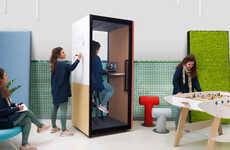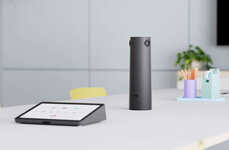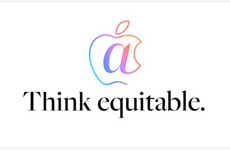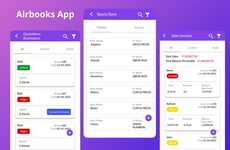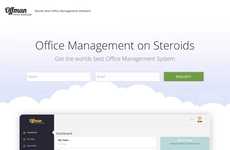


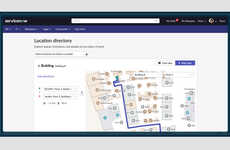
As more offices adopt a hybrid model more flexibility is needed
Trend - The post-pandemic workplace demands more flexibility than before. The average office worker knows how to be productive from home, making the idea of being in the office full-time harder to justify. Thus, hybrid workplaces are more common than ever; however, these come with a unique set of challenges that organizations in the industry aim to solve.
Insight - The pandemic represented an era of compounded stress. Consumers weighed the emotional distress of living through a global pandemic, political unrest, and general uncertainty alongside the responsibilities they already had (such as busy work schedules) and learned to re-prioritize. As a result, the necessity of the conventional workweek was called into question. Many consumers see this as a positive result of the pandemic and a move toward a more equitable relationship with their professional lives.
Insight - The pandemic represented an era of compounded stress. Consumers weighed the emotional distress of living through a global pandemic, political unrest, and general uncertainty alongside the responsibilities they already had (such as busy work schedules) and learned to re-prioritize. As a result, the necessity of the conventional workweek was called into question. Many consumers see this as a positive result of the pandemic and a move toward a more equitable relationship with their professional lives.
Workshop Question - How has your workplace culture changed, and how can you make these changes work to your advantage as an employer?
Trend Themes
1. Hybrid Workspaces - The shift towards hybrid workspaces is demanding more flexible solutions, like office management platforms, mapping tools, and scheduling apps.
2. People-centric Experience - Office management platforms like 'Tactic' are positioning themselves as people-centric solutions that empower employees to manage their own workplace experience.
3. Modular Design Solutions - Designs like Zuzulu are streamlining the contemporary state of office space, creating modular layouts that are both private for individual work and collaborative for team strategies.
Industry Implications
1. Workplace Management Platforms - The rise of hybrid workspaces is creating a new demand for workplace management solutions like 'Tactic' that promote a people-centric experience.
2. Workplace Mapping Tools - Indoor mapping tools like ServiceNow's 'Workplace Indoor Mapping' solve the challenges of a hybrid work environment by providing detailed information about usage and capacity.
3. Office Design Solutions - Modular design solutions like Zuzulu are disrupting the office design industry by offering flexible layouts that cater to both individual private work and team collaboration.
